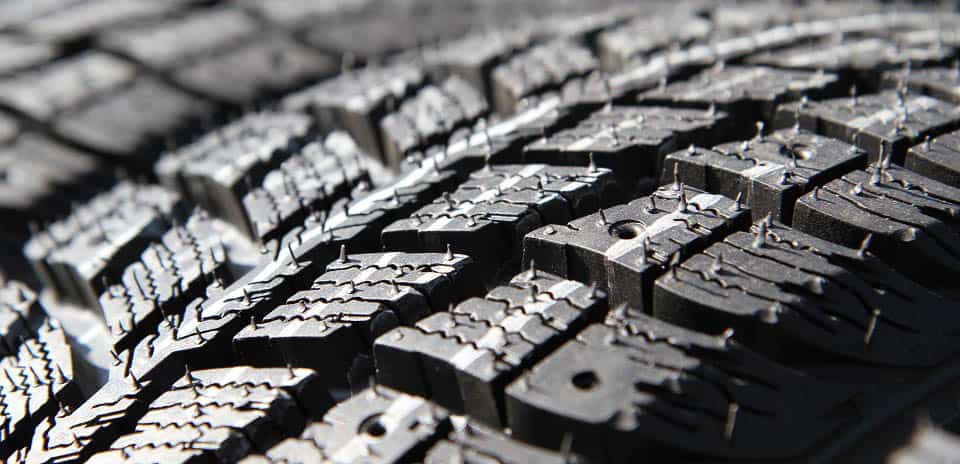
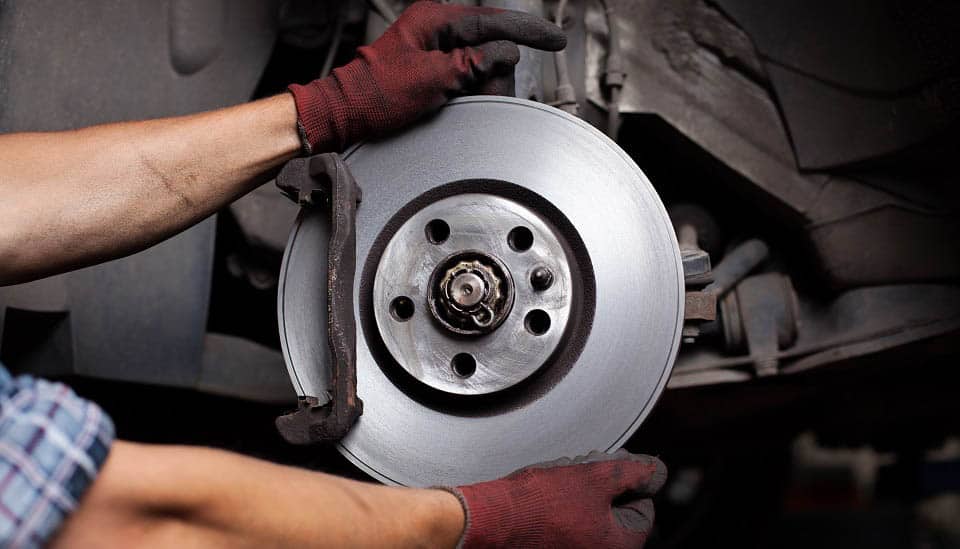
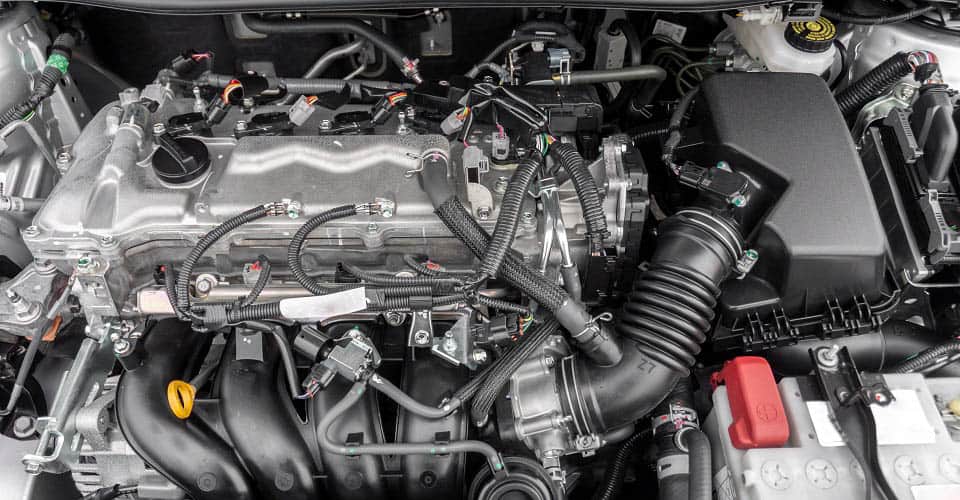
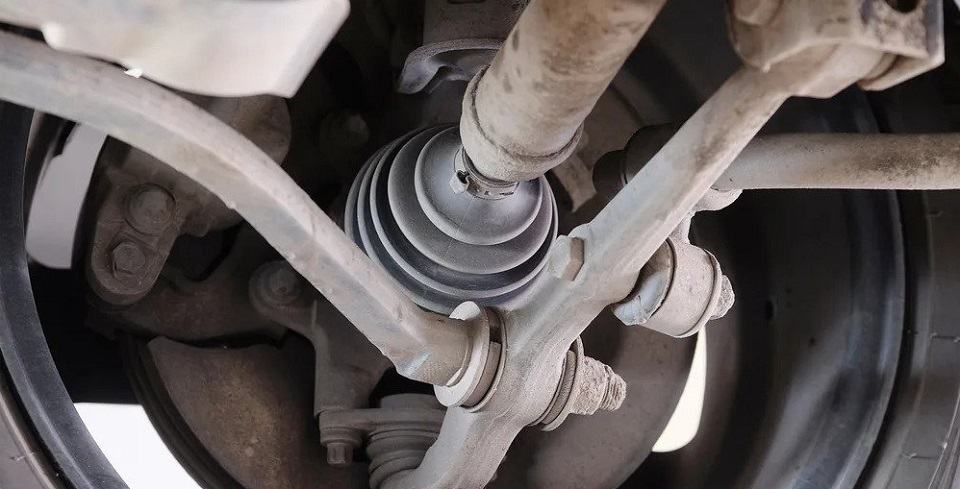
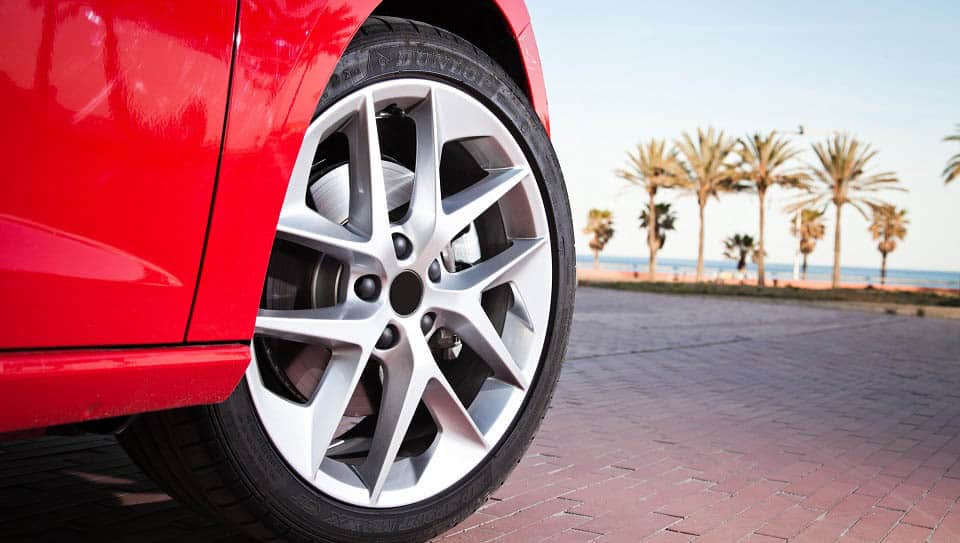
Why Is My Car Shaking? Here Are 5 Common Reasons
Spending a lot of time in a car can make anyone a bit twitchy when something doesn’t feel right. If the ride starts shaking while idling, braking, or accelerating, it’s time to pay attention. What’s causing that quiver? Let’s break down the five most common culprits behind a vibrating car, so any issues can be tackled before they escalate.
Your Tires Are Worn

Most drivers rack up about 12,000 to 15,000 miles a year. With regular all-season tires, it’s smart to swap them out every 3-4 years to avoid slick situations. Luckily, tires come with wear bars—rubber strips nestled in the tread grooves. When the tread wears down to that level, it’s time for new tires.
But even if the mileage is low, tires can still age out. Dry rot is a real threat, making them brittle and cracked. Factors like sitting too long, extreme temperatures, too much sun, or exposure to harsh materials can all speed up this process. Worn or cracked tires can definitely cause a shake, so replacing them is a must for safety.
The Brakes Need Servicing

If there’s a tremor when hitting the brakes, it’s likely a brake system issue. The rotors, those round discs that spin with the wheels, might be warped. When the brake calipers squeeze the pads against these warped rotors, vibrations can occur.
Rotors usually last between 30,000 to 70,000 miles. Replacing them can cost anywhere from $400 to $600, but sometimes they can be repaired for about $200. Ignoring brake issues is a bad idea—warped rotors can mess with braking performance and control, especially in emergencies.
You May Have Engine Issues

Under the hood, several components can cause vibrations while idling or accelerating. Worn spark plugs are a common culprit—they ignite the air-fuel mix in the combustion chambers. If they’re not firing right, expect some shaking.
But it’s not just the spark plugs. If the air or fuel filters are clogged, they can starve the plugs of what they need to work properly, leading to misfires and vibrations. Damaged motor mounts can also be to blame, as they secure the engine to the chassis. They usually last about 5-7 years, but once they weaken, vibrations can kick in. Spark plugs and filters are cheap to replace, but motor mounts can run from $200 to $600.
Wheels Are Damaged Or Need Balancing

If the car shakes while driving, it might be time for a wheel balancing. This process ensures weight is evenly spread across the tires, which is crucial for smooth driving. Even a slight weight difference can cause a rattle.
Most shops charge between $15 to $45 for balancing. They’ll spin the wheel and add weights to balance it out. Also, if wheels are damaged from hitting potholes or curbs, they can cause vibrations too. Fortunately, unless the damage is severe, a shop can usually fix it.
A Bent Axle May Be At Fault

If the shaking started after an accident or hitting a big pothole, a bent axle might be the issue. The axle connects the transmission to the wheels, and if it’s bent, the shaking will likely get worse as speed increases.
Repairing or replacing an axle can be costly, ranging from $170 to $900, depending on the damage and the car’s make and model. If the shake is minor, it’s usually okay to drive for a bit, but if it’s severe, it’s best to stop driving until it’s fixed to avoid further damage.



![Is a Manual Transmission Quicker Than an Automatic? [Comprehensive Guide]](https://autocheep.com/wp-content/uploads/2025/06/Is-A-Manual-Transmission-Faster-Than-An-Automatic-150x150.jpg)